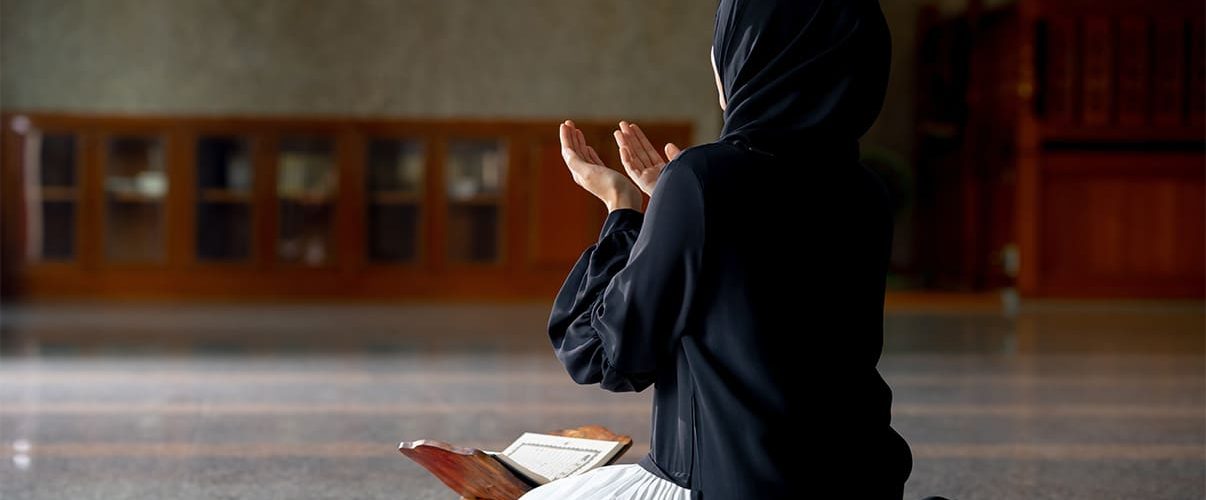Women in Islam: Empowerment or Restriction?

Women in Islam: Empowerment or Restriction?
Introduction
The role of women in Islam is often misunderstood in both Western and Muslim-majority societies. While some view Islamic teachings as restrictive, many scholars and Muslim women emphasize that Islam grants women numerous rights and empowers them in various aspects of life. This article explores the true position of women in Islam, separating religious teachings from cultural practices.
Women’s Rights in Islam
Education
Islam encourages both men and women to seek knowledge. The Prophet Muhammad (peace be upon him) said:
“Seeking knowledge is an obligation upon every Muslim.” (Ibn Majah) — this includes women.
Work and Financial Independence
Women in Islam have the right to work, earn, and own property independently. The Quran states:
“For men is a share of what they have earned, and for women is a share of what they have earned.” (Surah An-Nisa 4:32, Yusuf Ali translation)
Inheritance
Women are entitled to inherit from their parents, spouses, and relatives. The Quran provides specific shares to women, emphasizing fairness and protection.
“For the male, what is equal to the share of two females.” (Surah An-Nisa 4:11)
Protection and Respect
Islam mandates respect and protection for women, highlighting their dignity and status. The Prophet Muhammad ﷺ said:
“The best of you are those who are best to their women.” (Tirmidhi)
Religious Teachings vs. Cultural Traditions
It is important to differentiate between Islamic teachings and cultural customs that sometimes restrict women’s rights. Practices such as forced marriage, female genital mutilation, or denial of education are cultural and not sanctioned by Islam.
The Hijab: Religious Command or Cultural Symbol?
The hijab is often misunderstood as a symbol of oppression. Islam commands modesty for both men and women. The Quran instructs women:
“And tell the believing women to lower their gaze and guard their private parts and not to show off their adornment except only that which is apparent…” (Surah An-Nur 24:31)
The interpretation and practice vary culturally, but the core principle is modesty and dignity.
Examples of Influential Muslim Women in History
-
Khadijah bint Khuwaylid: The Prophet’s first wife, a successful businesswoman.
-
Aisha bint Abu Bakr: Renowned scholar and narrator of many hadiths.
-
Fatimah al-Fihri: Founder of the oldest university in the world, Al-Qarawiyyin.
Empowerment Through Islam
Islamic texts empower women by granting them rights and dignity often overlooked in other societies historically. Women’s active participation in social, economic, and spiritual life is supported by numerous Quranic verses and prophetic traditions.
Conclusion
The true position of women in Islam is one of respect, empowerment, and dignity. Misunderstandings often arise from confusing cultural practices with religious injunctions. An informed understanding helps bridge cultural gaps and promotes gender justice.
References
-
The Holy Quran (Yusuf Ali translation)
-
Sahih al-Bukhari and Sahih Muslim
-
“Women in Islam” – Sheikh Hamza Yusuf (Lectures)
-
Articles from Yaqeen Institute on Women’s Rights in Islam
-
“The Rights of Women in Islam” by Dr. Jamal Badawi